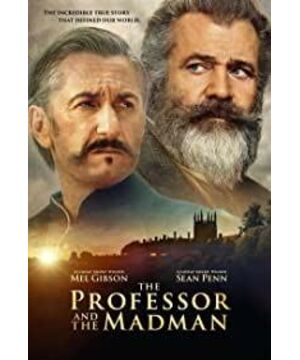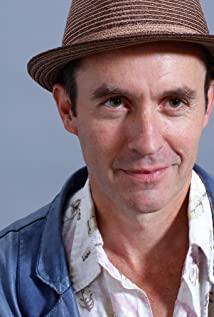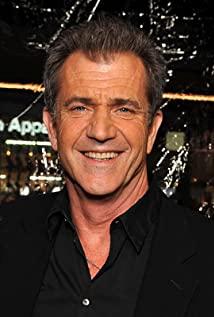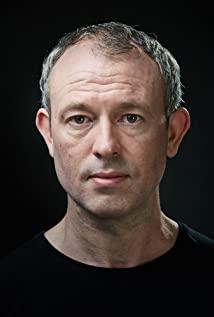In 1955, Alan Ginsburg wrote in the opening chapter of "Howl": "I saw the best minds of my generation destroyed by madness, and was naked in hysterical hungry." (I saw the best minds of my generation destroyed by madness, starving hysterical naked......). With an extremely sorrowful heart, Ginsberg used his poetry to send out a heart-piercing cry for the devastated elites of that generation.
In a milder sense, "The Professor and the Madman" also contains such pain, especially the part about Dr. Miner. Similar to Ginsburg, his madness and extreme pain are not the cause of the problem, but the result, a distortion of the system and human nature that is far more mad than his own.
When I saw him taking extreme self-mutilation methods because of the violent conflict between his inability to reconcile his inner desire for redemption (this desire has become unprecedentedly strong due to Eliza’s forgiveness and love) and the same intense guilt, I can't help feeling palpitations. This kind of pain is exactly the pain that Ginsburgs don't hesitate to throw themselves into the abyss of drugs and indulgence to escape.
Fortunately, the film not only presents such pain, but also gives the possibility of salvation.
This rescue comes from Murray, Eliza, and all those who continue to insist on the kindness and compassion of human nature in their own ways. It also comes from the origin of the film’s story: the business of compiling an unprecedented English dictionary. It It represents the efforts to record, preserve and inherit civilization. "Standing on the spine of the book, I can leap over the wall in front of me. With the help of words, I can reach the top of the world. This is freedom. Only when I read, there is no chasing after my life. When I read, I am following the footsteps of God. ."
This pursuit cannot be destroyed. So hope will last forever.
View more about The Professor and the Madman reviews











